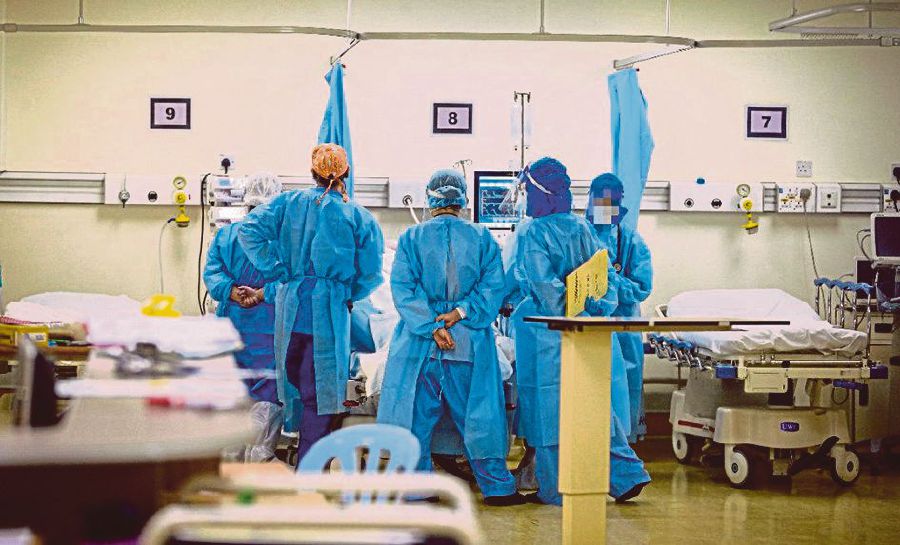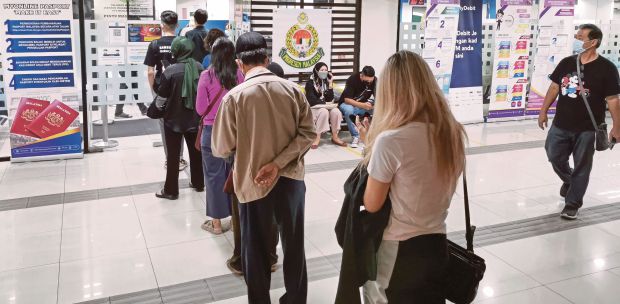I WAS disappointed that I could not visit a friend warded at a premier hospital in the Klang Valley recently.
On that day, when I approached the first floor of the hospital, many people were waiting to take the lift to the wards upstairs.
According to the security guards deployed in the area, the lift was out of bounds to visitors who did not register at the reception.
When I told a guard that I wanted to visit a friend, he told me to get a pass from the staff at the registration counter.
At the counter, the staff told me that the two allocated passes to see my friend had been taken up.
She told me to inform the guard downstairs so that he could call
up the guard in the ward via walkie-talkie.
He would inform the visitors with the passes that there were others waiting on the first floor to see the patient. I waited for half an hour, but the visitors from the ward did not come down.
As a result, I decided to leave as there were also others waiting to see my friend, some of whom had come from far away. From my encounter at this hospital, I feel that the system needs to be looked into.
The practice of allowing only two people to go up at one time is not practical.
There are many visitors waiting to get the passes.
If some visitors decide to hog all the passes, others cannot go up to see the patient. This should be looked at, maybe by setting a time limit for each visitor.
It will be nice if, during visiting hours, either more passes are issued or it may be free and easy. Perhaps children below a certain age should not be allowed to visit patients.
Normally, when there are many visitors in a certain bed, some will not stay too long, and they will take their leave.
The security guards or hospital staff can monitor the situation so that everything is in order.
I am sure that patients would love to see their loved ones and friends to break the monotony during their stay at the hospital. It is a form of therapy to get well sooner.
THIAGARAJAN MATHIAPARANAM
Klang, Selangor
The views expressed in this article are the author's own and do not necessarily reflect those of the New Straits Times





